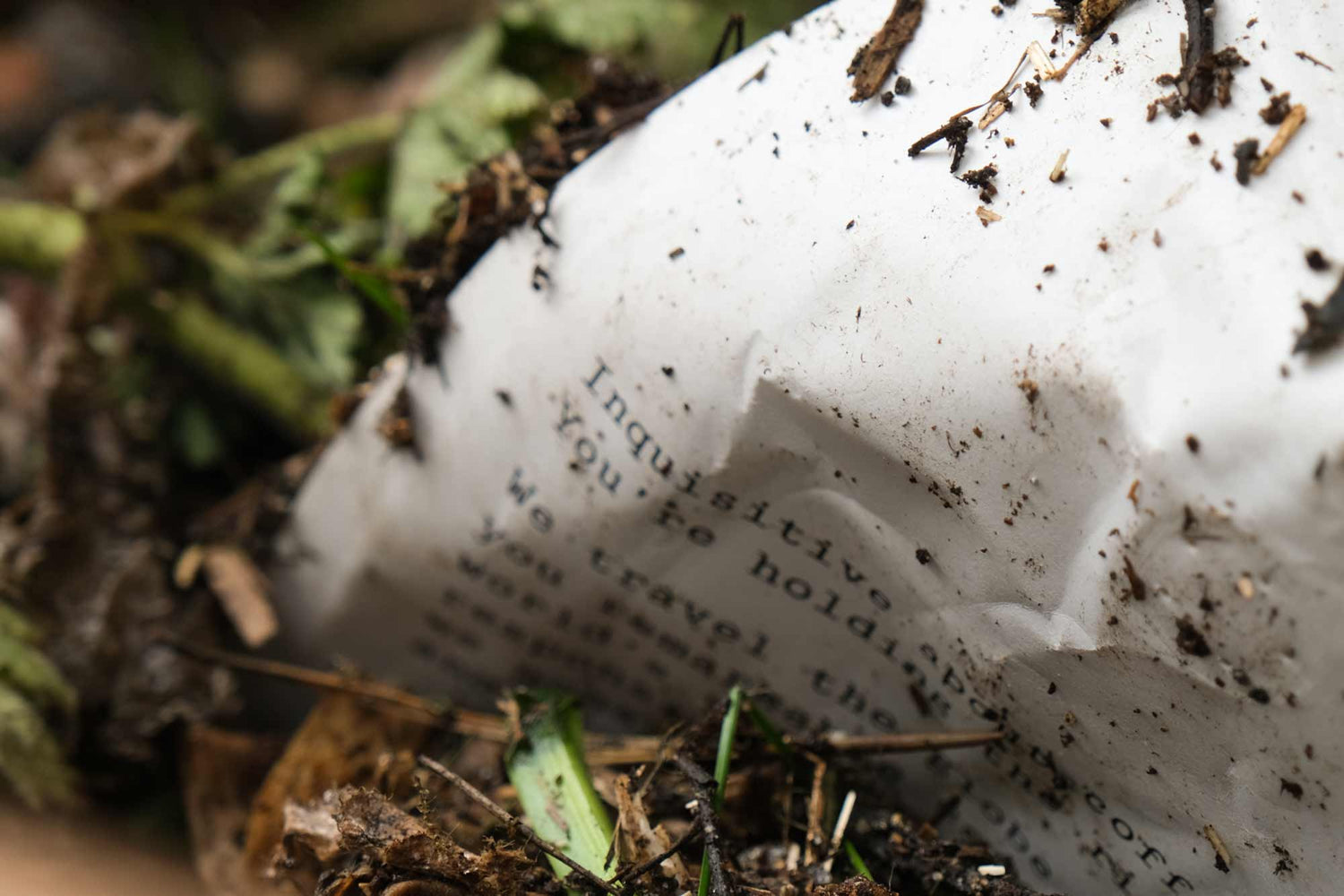





Bolivia: La Linda, Pink Honey, Java [125g]
La Linda
-
*Please note that this coffee is sold in 125g bags – not our regular 220g*
Due to the many complications and challenges within the Bolivian coffee industry, many of the smaller farms we worked with in the past are no longer producing coffee. While this has created some challenges for us, it has had a much more significant impact on our exporting partners Agricafe, who had been working with these growers for many years. As a result, around 2012 they decided to begin farming themselves, aiming to maintain a consistent supply for their export business and to demonstrate what can be achieved with modern techniques and a scientific farming approach. As of 2024 they now manage 12 of their own farms, and these are collectively known as the Buena Vista Project.
Coffee production in Bolivia is traditionally concentrated in the region of Los Yungas, in the La Paz Department in the east of the country where the lush subtropical environmental conditions help to produce amazing coffee. Caranavi, famous for its fertile soils and high altitude, is home to 8 of the Rodriguez farms, including La Linda. Located between two mountains coated in dense forest, it is both a peaceful haven and one of Pedro and Daniella’s biggest success stories
La Linda was the founding farm of the Buena Vista Project and the first to bear fruit. It has now been in production for Agricafe for 9 years and, alongside this Java lot, the farm is growing Catuai, Typica, SL28, and Bourbon. La Linda holds a special place in Agricafe’s hearts as what they learned here helped develop and shape the plans for all their future farms and became the basis of the guidance offered through the Sol De La Mañana program. We’ve been buying the coffee they’ve grown here since 2016.
This lot is the result of a new process trialled at La Linda during the 2023 harvest. This was the very first go, which turned out to be a wonderful success. Like other honey processes, this is named after the colour that the coffee appears during the drying phase – in this case, pink! The team at the wet mill start with red coffee cherries, these are added to sealed containers along with water to undergo an anaerobic fermentation. As expected from the Agricafe Team, the fermentation process is meticulously monitored throughout with samples of the liquid measured for pH and microbial activity. Once completed, the cherries are drained and put through the depulper to remove the remaining outer fruit. The process produces a pinkish liquid, with the cherry mucilage changing from dark red to pale pink by the time it’s laid out to dry on raised beds.
We’ve just been back to Bolivia and bought more pink honey from the next harvest that we’ll be looking forward to next year. The new technique is working well and the team at the mill continue to refine the process. Agricafe have made a huge amount of investment in their mill to be able to enable this, alongside other new processes they’re trying out. Doing tiny microlots to trial interesting ideas alongside maintaining scrupulous measurements to be reproducible year on year is key to their success with experimentation. This coffee is a really good example of what’s possible with their methodology.
The Java varietal (also called Longberry or Javanica) came to Bolivia via Nicaragua. Sharing knowledge between the Rodriguez and Mierisch families, they decided to try the varietal in Bolivia. While it’s low-yielding and isn’t the easiest to grow there, the flavour and quality really stands out. When Roland first cupped this coffee the standout feature was its amazing texture. A super silky, velvety, full-bodied coffee with a slick, full mouthfeel without being heavy. You get a lot of typical Java flavour while the pink honey processing lends its influence in the red fruit alongside that. A super interesting and elegant coffee with terroir very much in balance with the process.
This cup begins with cherry drops and a wonderfully silky-smooth texture, followed by a blackberry aftertaste. Delicate hints of orange and apricot blend in, creating a complex medley of fruit that results in an impressively nuanced yet full-flavoured coffee.
-
- Country: Bolivia
- Department: La Paz
- Region: Caranavi
- Farm: La Linda
- Farm size: 10.53 hectares
- Coffee production area: 3.92 hectares
- Producer: Agricafe
- Altitude: 1,400–1,450 m.a.s.l.
- Processing Method: Pink Honey
- Varietal: Java
- GPS: 15°47'50.0"S 67°32'39.7"W
-
Tasting notes: Cherry drops, blackberry, orange, apricot.
Cup of Excellence Cupping Scores
- Clean cup: (1–8): 7
- Sweetness: (1–8): 7
- Acidity: (1–8): 6
- Mouthfeel: (1–8): 8
- Flavour: (1–8): 6.5
- Aftertaste: (1–8): 6
- Balance: (1–8): 6.5
- Overall: (1–8): 7
- Correction: (+36): +36
- Total: (max. 100): 90
Roasting Information
Medium-dark: push this steadily through the gap, slowing it down a bit and looking to drop at the end of the gap. -
Producer Stories
Learn more about coffee sourcingLa Linda
La Linda is not just a coffee farm but also a model for sustainable and innovative coffee production in Bolivia. The Rodríguez family’s dedication to quality and sustainability is evident in their meticulous farming and processing techniques.
Read more
Our Packaging

-
Compostable
Our 220g and 125g bags are made from a plastic free, plant based material that is commercially compostable and certified biodegradable. Which means it will leave nothing behind after you're finished with them.
-
Roasted fresh
Being uncompromising on quality means being uncompromising with freshness. Our coffee is freshly roasted every day of the working week.
-
Protecting our oceans
For each compostable bag that we buy, the same weight of plastic is removed from our ocean. You make that happen.
